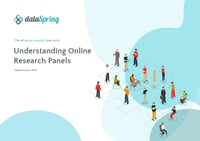Is online research the right method for your study, especially in Asia? What are its pros and cons? To answer these questions, we first have to understand what an online research panel is.
What is an online research panel, anyway? In its basic definition, an online research panel is a sample of persons who have agreed to complete surveys via the Internet. It is a group of people sharing similar traits, brought together to answer an online survey about a particular research topic for a commensurate incentive.

In its basic definition, an online research panel is a sample of persons who have agreed to complete surveys via the Internet.share on Twitter
Let’s break that down:
A group of people sharing similar traits…
If you want to learn something about a specific topic, you don’t want to hear from just anyone. You want to hear from a specific person or group of people. For example, In Asia, you will need to consider the cultural and subcultural differences that run across different societies. Therefore, additional care must be done when determining and approaching your target panel. This is why research panels are verified, profiled, and screened for duplicates before they can qualify for a particular study.
Panelists provide their personal information to online panel firms, like ours. They are then profiled under certain categories like gender, income, and profession. From there, online panel firms send panelists surveys that are developed for that category.
For a B2C study, you will likely need people of a specific demographic or role, like Grocery Decision-makers for food studies or Frequent Travelers for travel studies.
For a B2B study, you will need to speak to people of a specific profession or industry, such as IT Decision-makers or Business Decision-makers.
For a Healthcare study, you will want to hear from doctors of a specific specialty or patients with a specific ailment, i.e. Oncologists and Asthma patients.
More about these categories will be discussed later.

... online survey about a particular research topic...
There are different kinds of research methodologies, each with their own set of pros and cons. Before conducting an online survey, it’s important to understand the limitations of the method and whether it’s the right fit for your study.
For instance, for a person to answer an online survey, that person needs to be present on the internet. Conducting an online survey can be different in a country like South Korea, where 97.6 percent of the population are internet users, as opposed to conducting the same survey in India where only 48.7 percent of the population is online.

... for a commensurate incentive...
To motivate panelists to answer a survey, online panel companies provide some form of compensation, mostly through points and credits that can be converted to cash, gift certificates, and the like. The amount of the incentive depends on many factors, such as the length of the survey (five minutes vs. 60 minutes) or the type of survey (B2C vs. B2B).
Prospective panelists are also presented with opportunities to affect new products or services, or even for the sheer fun of taking part in. This experience can also become an added incentive for the panelists.
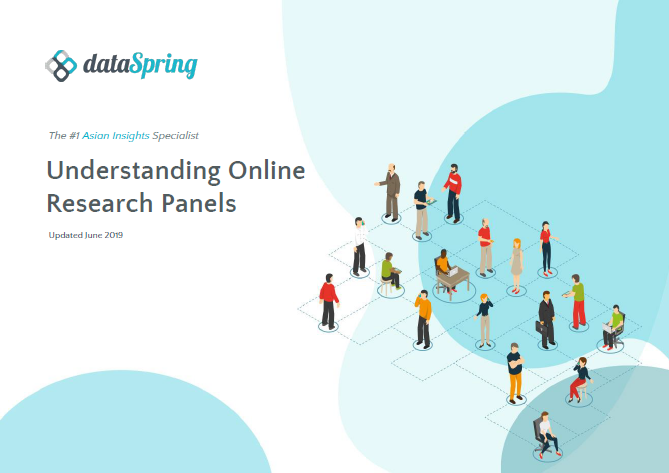





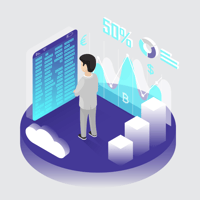






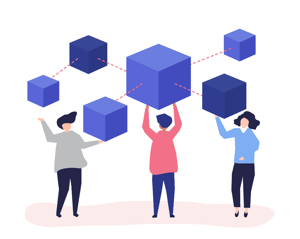




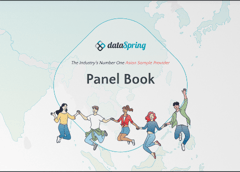
 Download Panel Book
Download Panel Book



